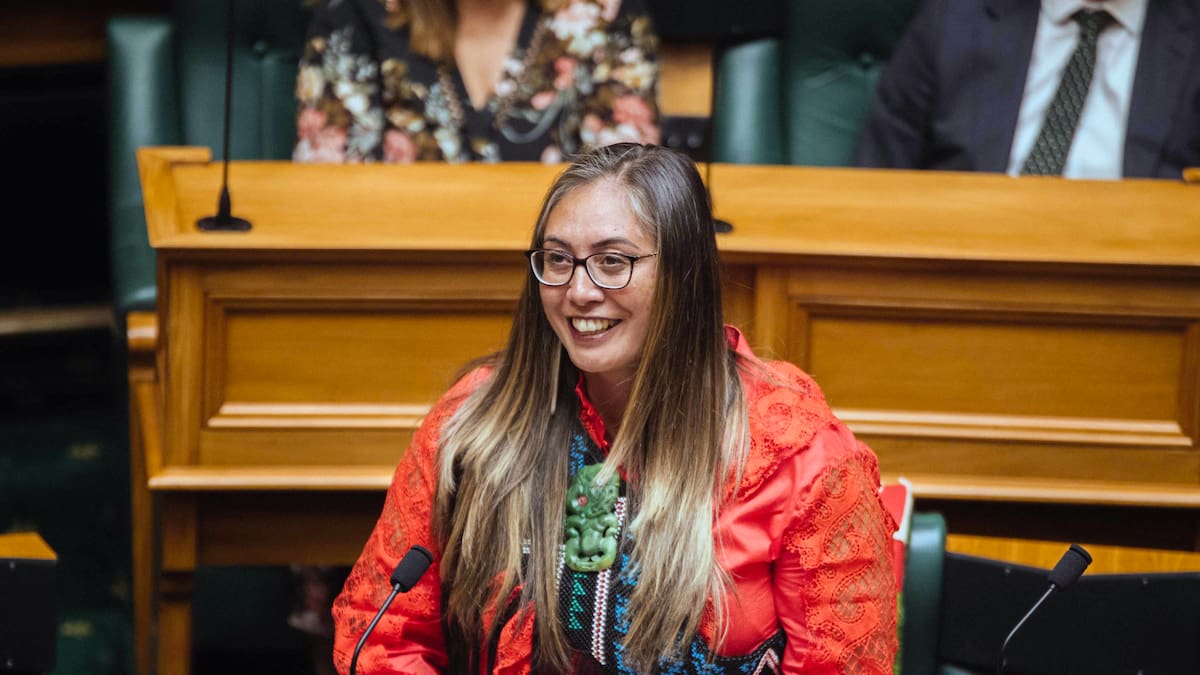However, the current Government is now re-instating the requirement for Māori wards to be initiated through a referendum, inserting a hurdle between Māori being given the voice they were promised as part of Te Tiriti.
Māori rights are effectively being subjected to popular vote instead of being honoured as agreed upon by our ancestors. This will see the progress we have made in this area unwound and the representation of Māori diminish. Referendums are also criteria community boards and rural wards are not required to meet. This is inconsistent and actively discriminates against the voices of Māori.
Before this Government came into power and began working its way through its Te Tiriti trashing agenda, we saw Māori representation across councils begin to flourish.
Since 2021, we have seen 45 councils adopt Māori Wards. These have proven to be a win-win for councils. You get the skills, expertise and voice of Māori at the table alongside a deeper connection and understanding of the Māori communities councils are supposed to serve.
Despite the Government rushing through its legislation to effectively dismantle Māori wards, giving the community and councils a measly five days to submit their views, strong support was heard loud and clear.
In the Whangārei District Council’s submission, it was stated that the “bill in its current form could have wider implications including damaging relationships with hapū and raising issues of discrimination because of ethnicity under the Bill of Rights Act 1990. It is also likely that the processes outlined within the bill will expose Māori to divisive, hurtful and anti-Maori rhetoric.”
The Waitangi Tribunal also produced a report on this issue. The tribunal argued that the Crown had prioritised commitments in its coalition agreement over its obligations to Māori under Te Tiriti.
Here, in the Far North, support for Māori wards has been strong. In the lead-up to the establishment of the Far North Māori ward, former councillor Kelly Stratford described them as a “step towards repairing broken Crown relationships and rebuilding Iwi Māori trust in local government”.
The truth is that Māori wards provide us with some of the building blocks necessary to create a more cohesive society that respects, acknowledges and better incorporates tangata whenua. We are all better off when all our voices are represented at the decision-making table.
As Tāmati Rakena, Māori Ward Councillor for the Far North District Council, put it in a recent speech: “When Māori Ward Councillors fight for better roading, better housing and water infrastructure, we aren’t just fighting for Māori alone. We fight for clean drinking water and better roads for the entire Far North Community.”
By giving Māori the voice we were promised, we give Aotearoa the best chance of securing the future we know we all deserve. One in harmony, one in partnership.




